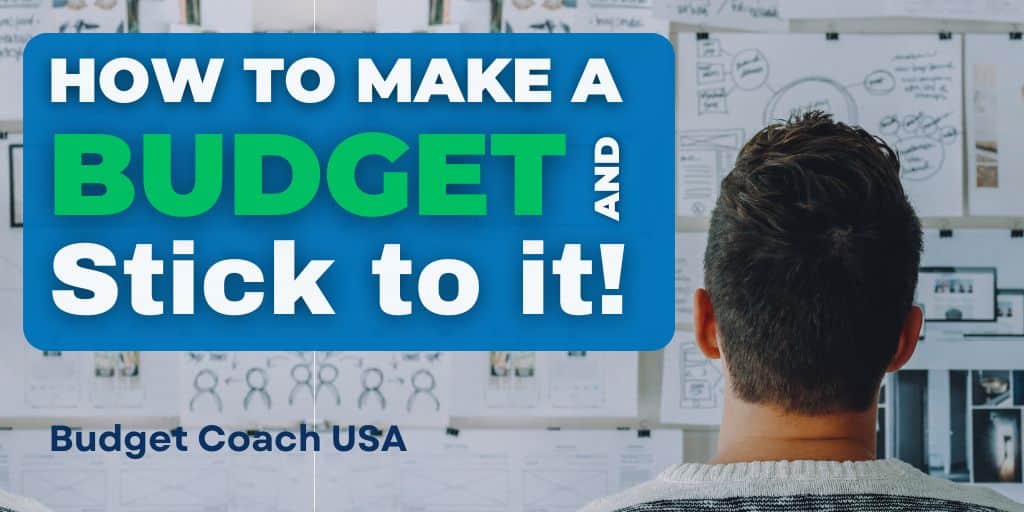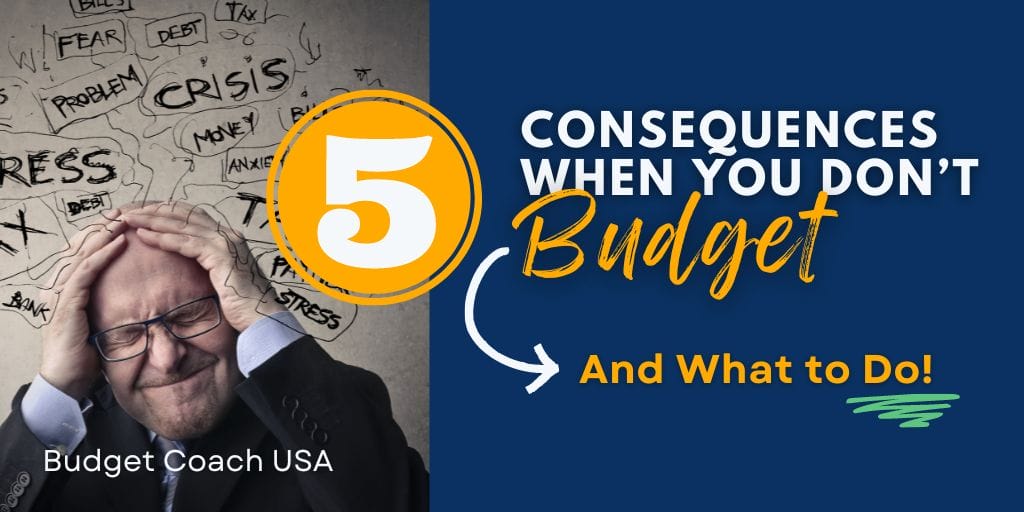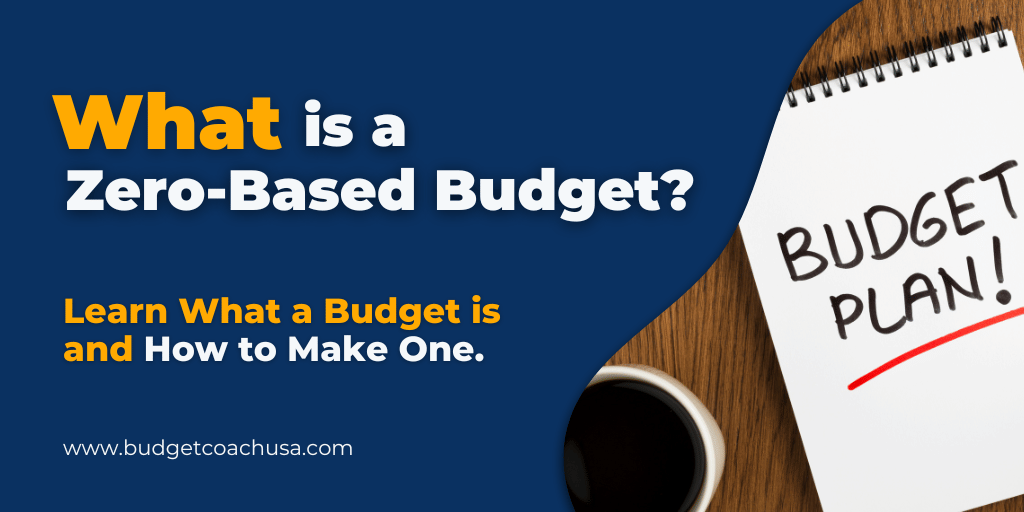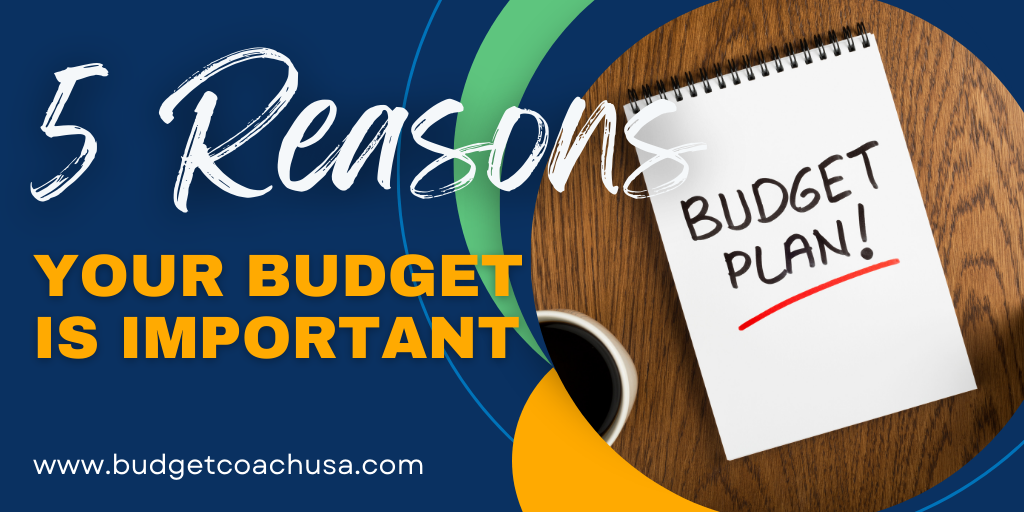A personal zero-based budget is the pillar of financial control. Whether you are a college student living with fewer responsibilities or a family with bills to pay, learning how to create and live by a zero-based budget is critical to building a successful financial future. But what happens when you need to know how to budget weekly paychecks vs every other week? Budgeting when you get paid weekly is not any different than budgeting for bi-weekly or even monthly paychecks. The same principles apply and in the next 5 minutes, we’ll show you how you can get your money under control and build the future you want for yourself and your family regardless of your paycheck intervals.
Basic Budgeting Essentials
Before you start your budget always remember the ABCs of personal finance and budgeting. Without the proper mindset, you’ll struggle to be successful in budgeting your weekly paychecks.
- Acknowledge the real truth about your money. Recognize all of the income and all of the expenses. No hiding and “hoping” it all works out.
- Budget & Behave. Budget your money according to the real truth about your income and your expenses. Point your money toward your goal and make yourself and your money behave.
- Create the life you want when you are truthful about your money, budget it accordingly, and make yourself behave.
How to Create a Zero-Based Budget on Weekly Paychecks
Step 1. Write down your expected total income for each week of the month.
Varried Income? If your income is irregular or varied each week then write down a conservative estimate for each week of the month. Be sure to look at the calendar for the month you are budgeting for as some months have 5 weekly paydays instead of 4. Use a conservative estimate for now. We’ll learn how to adjust in the last step.
Steady Income? If your income is steady or salaried write down the exact expected amount. Be sure to look at the calendar for the month you are budgeting for as some months have 5 weekly paydays instead of 4.
Get a FREE Zero-Based Budget PDF Download Here.
Step 2. Write down all of the people, places, and bills you pay every month.
Make a list of all of the bills and expenses you are expecting for the month. Then arrange them into three separate categories:
- Core Expenses (roof over your head, food from the grocery, and the ability to get to work and save)
- Discretionary Expenses (nice to have but stuff you can live without like concerts, streaming, and fufu coffee)
- Debt (credit card payments, car loans, school loans, etc…)
This is important because separating your core living expenses and expenditures that are discretionary helps you acknowledge what you can actually live without if you need to save money or eliminate debt. Lastly, listing your debt as a separate category lets you see the impact that debt has on your life and makes it more visible. Being honest about your debt helps you begin a plan to pay it off. See the example of our 3 budget categories below.

Step 3. Assign each dollar of estimated income to an expense (Zero-Based Budgeting).
Now let’s assign each expected dollar of income to an expected expense. In zero-based budgeting for your weekly paychecks, it is important to give every dollar of income a job to do. See the illustration below. In this example, after all expenses are covered the remaining dollars are assigned to saving for an emergency fund.

Your priorities will vary however, the important thing to remember is that every dollar of income gets a job to do until no dollars are left unassigned and your “remaining” is “$0”. See the illustration above.
Step 4. If your paycheck was different than you expected make adjustments.
Do you have irregular paychecks every week? Budgeting for irregular paychecks just involves one extra simple step. In step one, you should have listed a conservative estimate for your income (if you are paid a varied income). Doing this keeps you from overspending just in case you don’t get paid as much as you were expecting. So, when payday comes go back and adjust your estimated paycheck amount to the actual amount.
If your budgeted weekly paycheck is more than estimated:
If your income adds up to more than the estimated amount respond by giving this additional income a job. In other words, as additional income is received, adjust your expense budget accordingly. In our example above you are trying to save for an emergency fund so you can take all of that extra income and uses it toward that goal.
If your budgeted weekly paycheck is less than estimated:
If your income adds up to less than the estimated amount respond by reducing some discretionary expenses so that you do not spend more than you are earning. Remember, the basic budgeting essentials above? Acknowledge the truth about your money. No hiding. Using debt will only make your future more difficult so make sure to maintain a zero-based budget even when your income is less than expected. Don’t ignore the real numbers. Acknowledge them and adjust accordingly.
Wrap-Up: Budgeting Weekly Paychecks
The goal of budgeting weekly paychecks is to keep your financial life moving in the right direction. By creating a zero-based budget and avoiding money mistakes you can build the future that you want for yourself and your family. But when budgeting you have to be honest with yourself. Acknowledge each dollar of income and expense so that you can maximize their value toward your goals. In other words, to be successful with budgeting you need to align your actions with your goals. When budgeting be sure to create categories for debt elimination first, then for saving for retirement and future goals. Always budget to zero so you are sending money to all of your responsibilities and goals.







